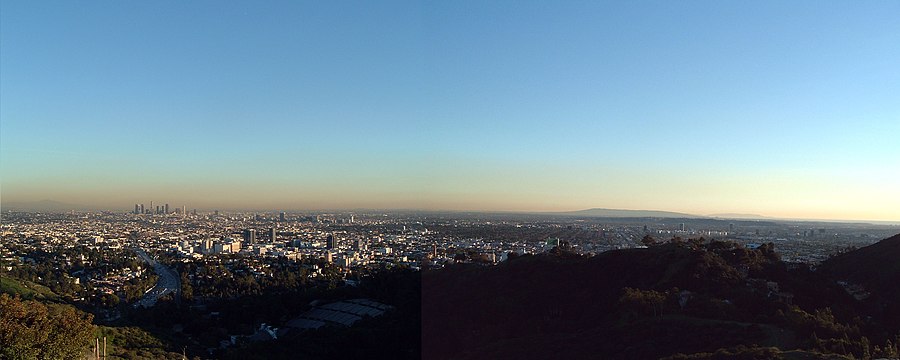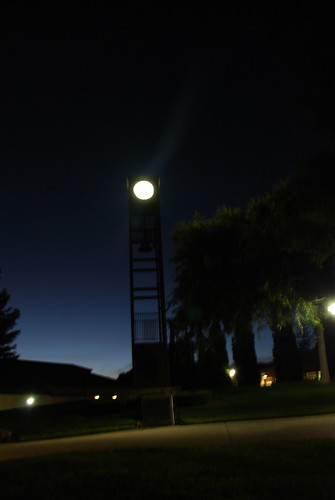RFK and Koreatown
Thought I’d write something on the topic while I wait for pics to finish uploading to a Jungle drive.
I just got back from Los Angeles to celebrate a good friend’s 30th birthday. It’s hard to believe that 5 years have passed since we were first acquainted and we had our own registered websites before the explosion of the Internet. Another reason I wanted to go down was to visit Koreatown and it was also the site of Robert Francis Kennedy’s unfortunate assassination. I’m an admirer of him, who he was and what he’s done for America. I also felt more in common with him than his elder brother, Jack, who ofc was President. He wasn’t very tall (175 cm tall, same height as me) but had a competitive drive, logic, focus, and carried no bs. Obviously, those traits made him into who he was–an attorney general to JFK, helped avert a potential major conflict with Cuba and Soviet Union over the Cuban Missile Crisis, and in spite of his brother’s assassination, he became a senator for New York, and would have gone to win the presidential election, had he not been assassinated. He actually lasted 26 hours after being shot in the back of his head, which showed his resilience but the wound was too great to survive through.
So, I was curious about the establishment and what’s it looked like. I didn’t really see anything special around the area except for some signs/billboards in Korean, some old architecture, and people were just going about their business. I was just like, “Wow, so this was where the whole scene happened?” Then I drove on the Willshire St, leading to the campus of UCLA, as my next stop. Also passed by Beverly Hills, with all those luxury shops, which I could care less. I had expected the campus to be large, considering the admissions number it enrolls at 55,000. but the campus was kinda small. I have a sense that even my alma mater, RIT, may be bigger than UCLA campus. Nevertheless, I’m impressed by UCLA’s history especially in athletics since the school has most national championships in all sports total. Stanford is second, USC third, all in California. I believe the Sun (about 300 sunny days a year) and good quality of agriculture contributes greatly to that–$36.6 billions to the state’s GDP.
Then, I cruised a bit around the downtown before pushing on the pedal on a highway back to a friend’s place eastward. I learned a bit about the greater Los Angeles area and the fact that its total population is about 17,600,000 but find it funny that it doesn’t have a NFL team (the Raiders moved to Oakland, the Rams to St. Louis). There is a big mountain right up there with snowcaps, which serves as a nice backdrop against those palm trees, tons of cars braking red lights on slabs of concrete freeways, plethora of burger joints, houses, and that is how you would define Los Angeles.






